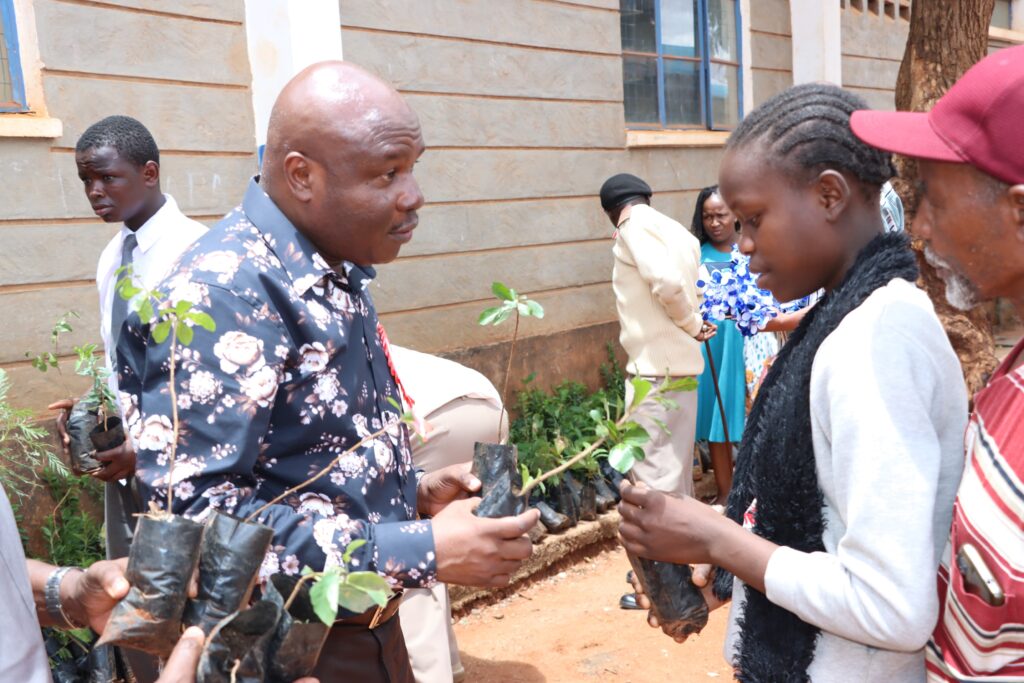By Solomon Muingi
The government is set to issue certificates to more than 20,000 young people with prior skills across the country.
Labor and Skill Development Principal Secretary Shadrack Mwadime says the youth ‘s skills and competencies will be certified under the recognition of prior learning component within the Nyota Project.
“The aim is to promote self employment, enhance productivity and support integration of skilled youth to the labour Market, ” Mwadime said.
Speaking during a tree planting and youth sensitization forum in Voi, Taita Taveta County, Mwadime urged the youth to take advantage of the Nyota Project whose registration has been extended to October 12 2025.
The project , he said, is meant to complement government effort through opening up new opportunities for youth employment, entrepreneurship and skills development.
He said the objective of the World Bank funded project is to create jobs, build skills, and support young entrepreneurs.
“We are targeting to support young people aged 18- 25 years and people with disability of up to 35 years. The project will therefore create thousands of jobs as well as helping young people start income generating businesses, ” the PS added.
He said the government will also continue to prepare the youth for the emerging job market through targeted training, mentorship, and other initiatives that equip them with the competencies demanded in today’s labour market.
Mwadime further encouraged youth groups to emphasize on establishing tree nurseries in a bid to reap from government’s tree growing agenda.
He asked stakeholders and communities in the area to put on a united front in nurturing trees to reverse the devastating effects of climate change, which includes desertification.
“Taita Taveta is an Arid and Semi-Arid Area (ASAL), and growing trees will attract rain and create a microclimate favourable for sustainable food production,” he advised.
Taita Taveta Deputy Governor Christine Saru Kilalo who accompanied the PS, encouraged a culture of tree-growing even among young people .
“When I joined school it was compulsory to grow 10 trees. In case your tree showed defects, it was your responsibility to discuss a solution with your teacher. This instilled a sense of responsibility and environmental stewardship. We need to bring this practice back to restore degraded lands,” Kilalo said.
She encouraged communities to embrace growing indigenous varieties and fruit trees, which can withstand extreme weather conditions.


